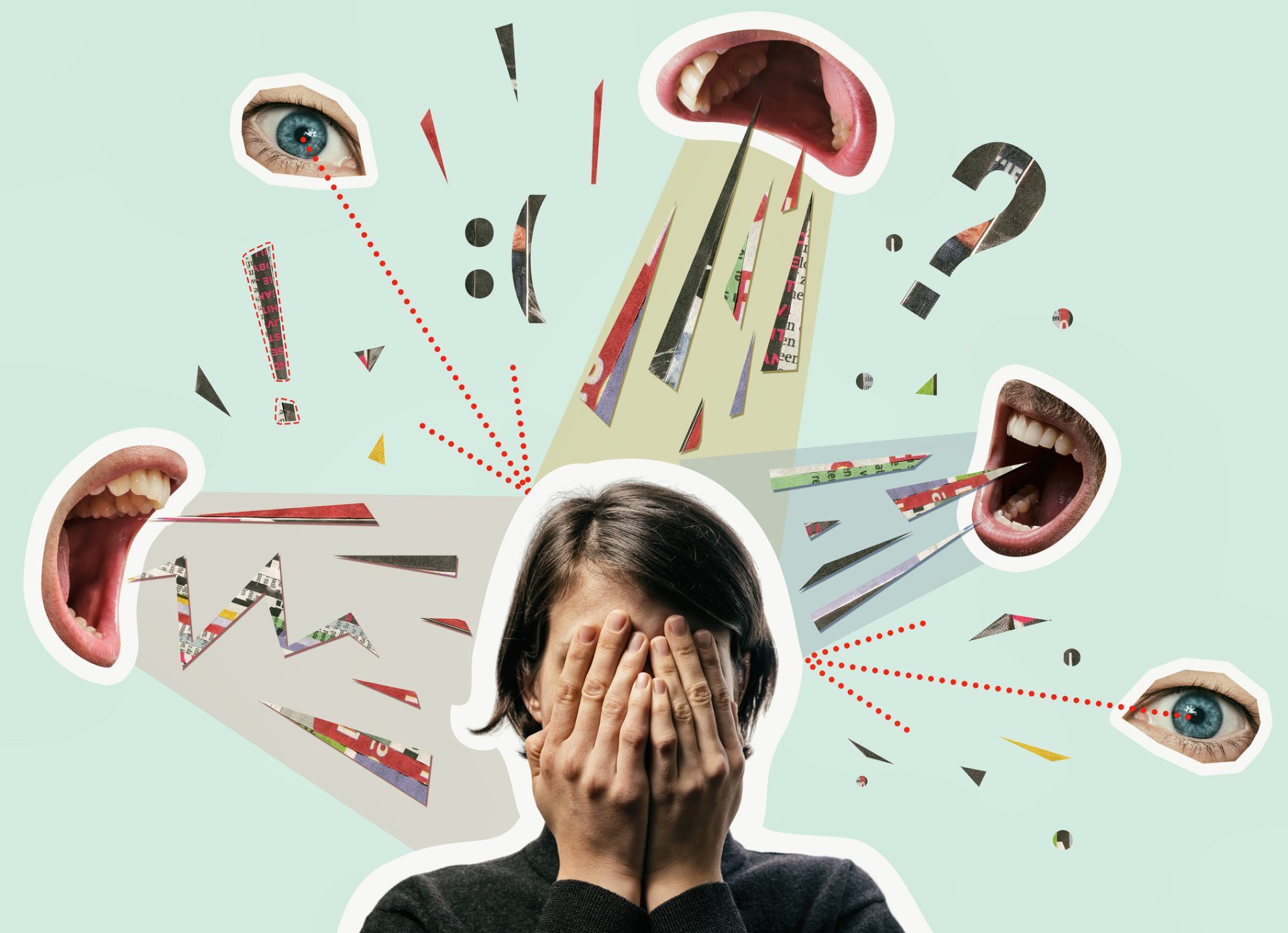- Empty cart.
- Continue Shopping
How to Recognize Signs of Emotional Abuse

Emotional abuse is a form of mistreatment that often goes unnoticed because it lacks the visible scars associated with physical abuse. However, the impact on the victim’s mental and emotional well-being can be just as devastating. Recognizing the signs of emotional abuse is the first step toward intervention and healing.
What is Emotional Abuse?
Emotional abuse involves a pattern of behavior where one person seeks to gain power and control over another through psychological manipulation. Unlike physical abuse, the signs are often subtle and can be easily dismissed or overlooked.
Common Signs of Emotional Abuse
Verbal Attacks
One of the most apparent signs is constant criticism or verbal attacks. The abuser may belittle, insult, or demean the victim, often under the guise of “jokes” or “constructive criticism.”
Isolation
The abuser may try to isolate the victim from friends and family, making the victim dependent on them for emotional support, which they rarely provide.
Gaslighting
Gaslighting is a manipulative tactic where the abuser makes the victim doubt their own perceptions, memories, or feelings. This can lead to the victim questioning their own sanity.
Emotional Blackmail
The abuser may use guilt, shame, or fear as tools for emotional blackmail. They might threaten self-harm or other drastic actions if the victim doesn’t comply with their demands.
Withholding Affection
Another sign is the intentional withholding of affection or emotional support as a form of punishment. The abuser may give the “silent treatment” or become emotionally distant to make the victim feel insecure.
Controlling Behavior
The abuser often exhibits controlling behavior, dictating what the victim can or cannot do, whom they can see, and even what they can wear. This control extends to various aspects of the victim’s life, including financial matters.
The Impact on the Victim
Emotional abuse can have long-lasting effects on the victim, including:
- Low self-esteem
- Anxiety and depression
- Feelings of helplessness
- Difficulty forming healthy relationships
- Physical symptoms like headaches or stomach issues due to stress
What to Do if You Recognize These Signs
Seek Professional Help
If you or someone you know is experiencing emotional abuse, it’s crucial to seek professional help. Therapists and counselors can provide coping strategies and resources.
Establish Boundaries
Learn to set healthy boundaries to protect yourself emotionally. Make it clear what behavior is unacceptable and stick to your limits.
Build a Support Network
Isolation is a common tactic in emotional abuse. Reconnect with friends and family to build a support network that can help you through this challenging time.
Finally, recognizing the signs of emotional abuse is essential for intervention and recovery. Emotional abuse is often subtle, making it easy to overlook or dismiss, but the impact on the victim’s well-being is significant. If you identify these signs in your own life or someone else’s, take immediate steps to seek help and support. Remember, emotional abuse is not a sign of love; it’s a form of control and manipulation that should not be tolerated.








